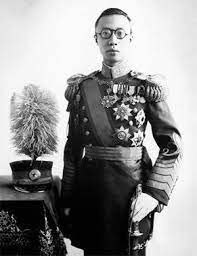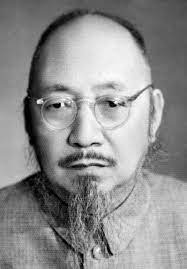Cheng Hsiao-hsü (2 April 1860-28 March 1938), Manchu loyalist and assistant to P'u-yi (q.v.), was a prime mover in the creation of Manchoukuo. He served as premier at Hsinking (Changchun) from 1932 to 1935. Although his ancestral home was Minhou, Fukien, Cheng Hsiao-hsü was born in Soochow. His father, Cheng Shou-lien (T. Chung-lien), was a […]








